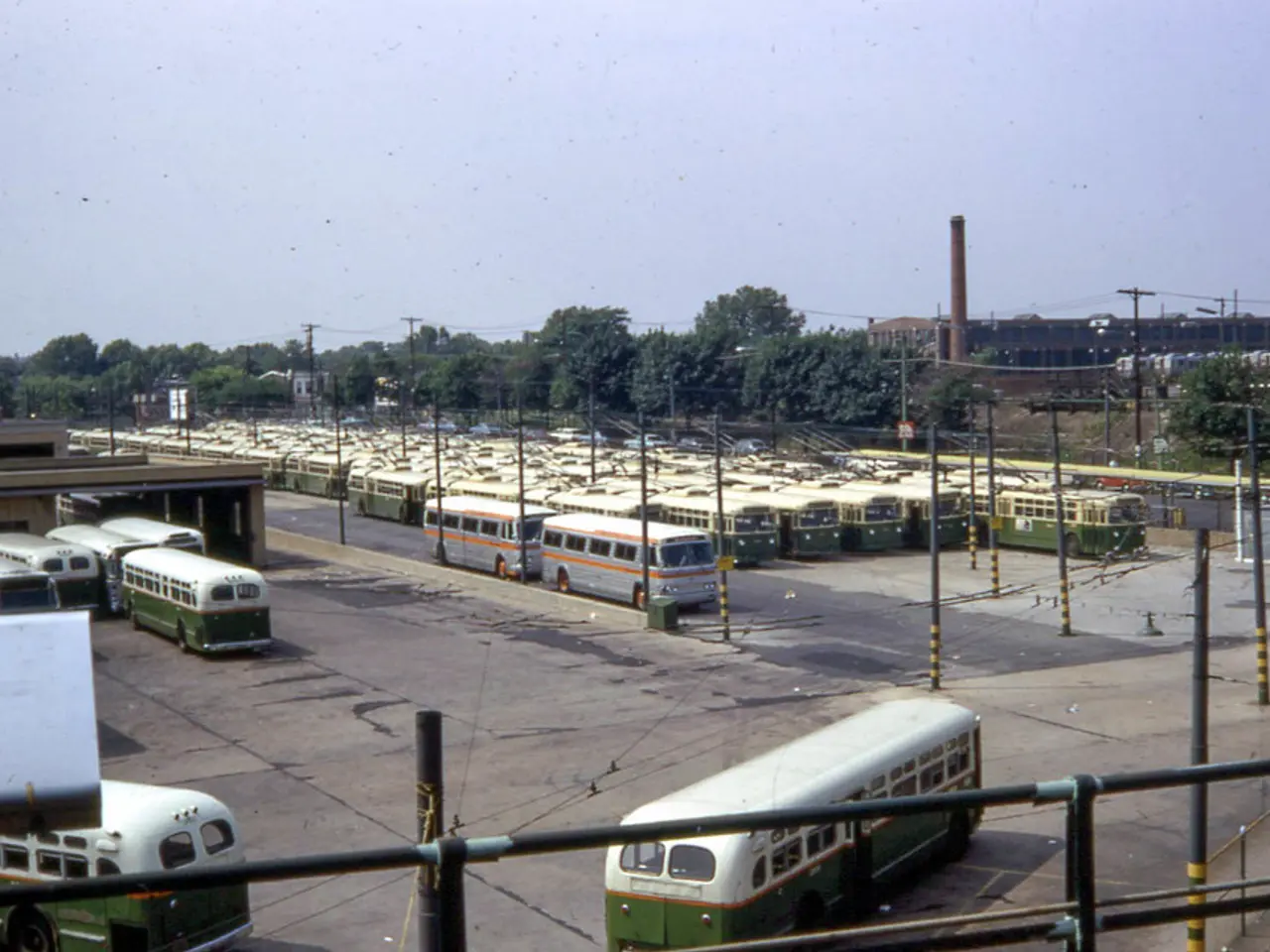Japan Trials Self-Driving Freight Vehicles on Auto-Flow Roadways
Japan is set to trial dedicated lanes for autonomous freight vehicles, known as autoflow roads, on select expressway sections between Tokyo and Osaka from November 2025 to February 2026. The government aims to introduce these autonomous highways by the mid-2030s to address a forecasted shortfall in transportation capacity.
The testing will take place on the National Institute for Land and Infrastructure Management's test track, with a real-route autonomous vehicle trial planned for 2027 on the unopened Shin-Tomei Expressway section between Kanagawa and Shizuoka. The autonomous freight vehicles are expected to travel 24/7 at speeds similar to conventional cargo trucks (70-80 km/h).
The Ministry of Land, Infrastructure, Transport, and Tourism's tests will focus on determining suitable dimensions for the autoflow roads to ensure safe accommodation of autonomous freight vehicles. Transportation safety is a critical focus, with the real-world testing designed to validate safe coexistence with existing traffic and infrastructure.
The expected capacity coverage of autoflow roads is significant, supporting plans to relieve the chronic truck driver shortage and increasing freight demand in Japan. The government forecasts a shortfall of 940 million tons in transportation capacity for fiscal 2030, and it expects autoflow roads to cover 8-22% of this deficit.
These initiatives align with Japan's broader autonomous vehicle strategy, which includes advancing sensor technologies (LiDAR, radar, cameras), 5G communication integration, and collaborations among automotive and tech sectors to lead in autonomous freight transport safety and efficiency.
In summary, Japan’s autoflow road program is a concrete, government-led effort to enable dedicated autonomous freight corridors by mid-2030s, with ongoing testing addressing key factors of road width, safety, feasibility, and capacity coverage to mitigate future logistical challenges.
- The advancement in sensor technologies, such as LiDAR, radar, and cameras, is a key part of Japan's broader autonomous vehicle strategy within the automotive and tech industries.
- The anticipated capacity coverage of autoflow roads is significant, as they are expected to help address a forecasted shortfall in Japan's transportation industry, particularly in addressing the chronic truck driver shortage and increasing freight demand.
- The integration of 5G communication is crucial for the success of autonomous freight vehicles and autoflow roads, as it will ensure smooth and efficient data transfer between the vehicles and the transportation infrastructure.




